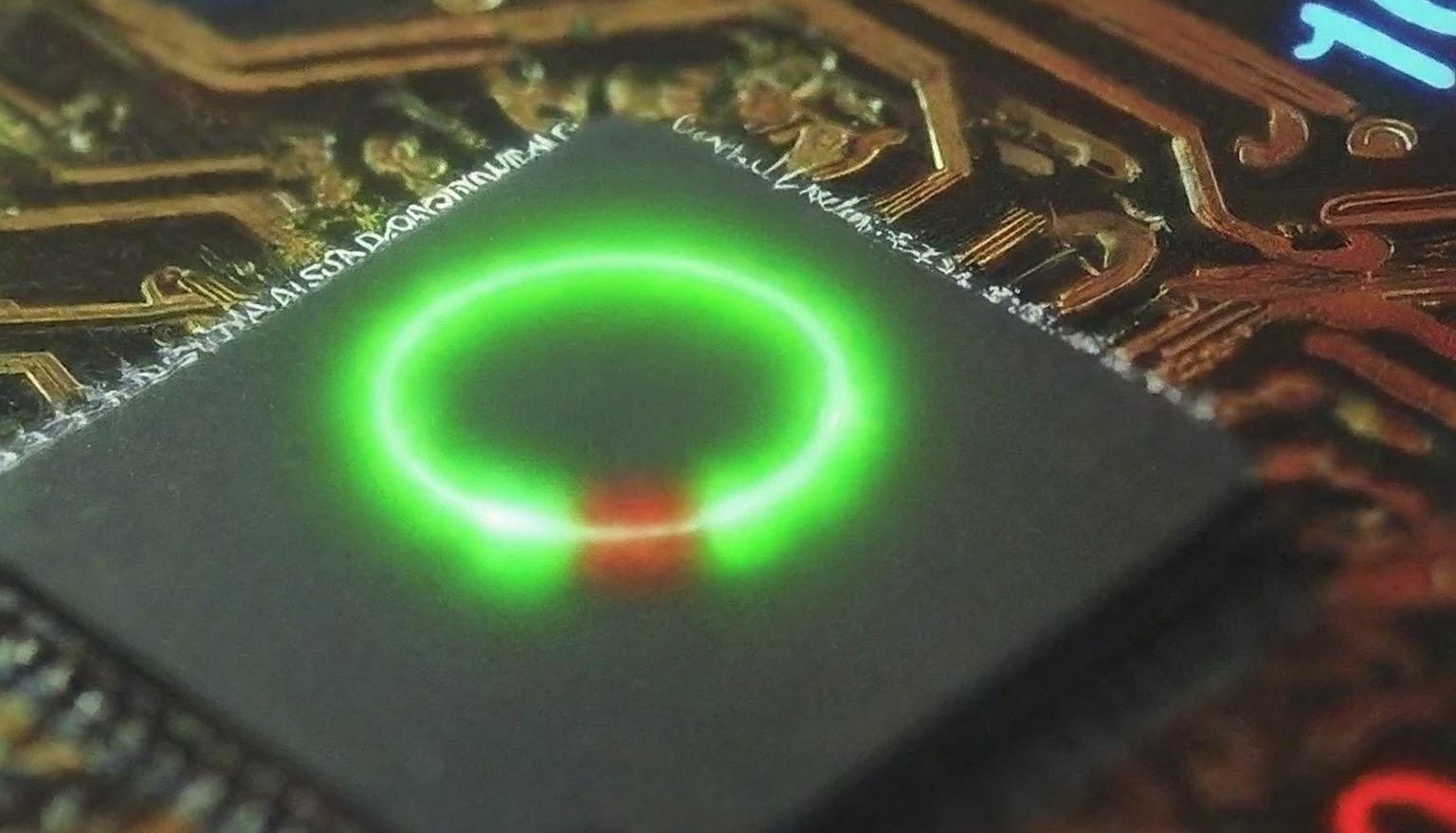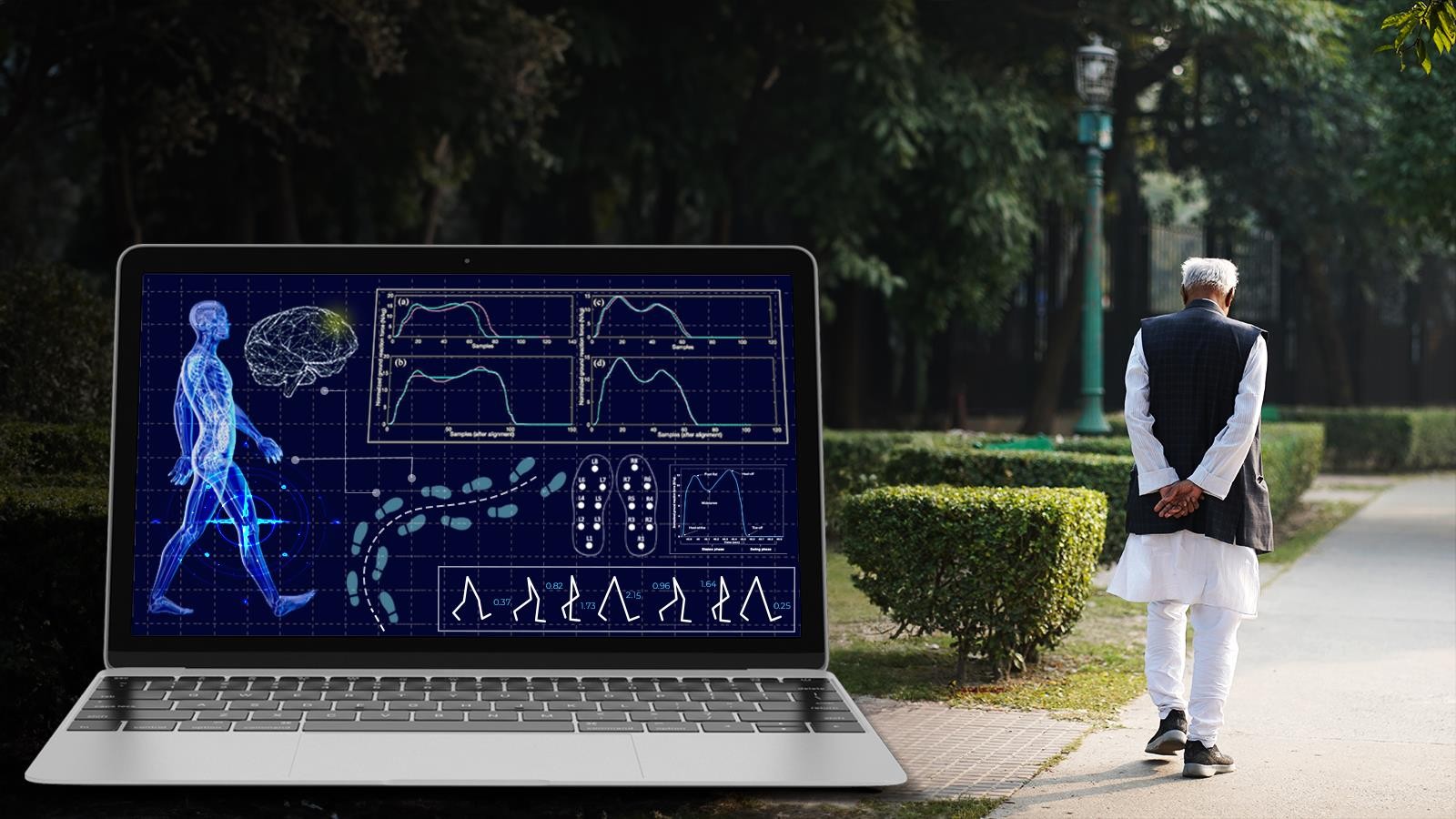New Rummy team develops affordable, portable water-pollutant detecting device: AroTrack.
The device uses a protein based biosensor to detect harmful pollutants like phenol and benzene from water sample
The device uses a protein based biosensor to detect harmful pollutants like phenol and benzene from water sample
Refinery wastewater flowing through sand produced biofilms of pollutant-eating bacteria which inturn removed the harmful compounds from the water
New Rummy researchers use a robot that mimics animal movements to study how homing animals efficiently return home without getting lost or being late.
A new study of the Saurashtra Basin dates the minerals found in the sediments, revealing the paths of ancient rivers and the geological history of the Indian subcontinent.

The researchers have developed a novel method of using silicon nitride to enhance the efficiency of photonic elements, promising faster, more secure, and energy-efficient technologies for communication and information processing.
Researchers at New Rummy discover the role of environmental resources, genes and mating in species in the development of new species in the same area, challenging the traditional view that new species can develop only in distinct geographies.
Researchers have built two-dimensional materials-based transistors and used them to design ultra-low power artificial neuron circuits for autonomous robots.
Scientists theoretically probe the atomic properties of the 2D materials under strain

New study uses mathematical analysis of walking patterns for early detection of Parkinson’s disorder.
Learning about dislocations and their interactions within an alloy can help precisely engineer its properties
Two new studies from the Indian Rummy Game (New Rummy), Mumbai, show the importance of defects in the arrangement of atoms in a crystal, called dislocations, in shaping the physical properties of metallic alloys.